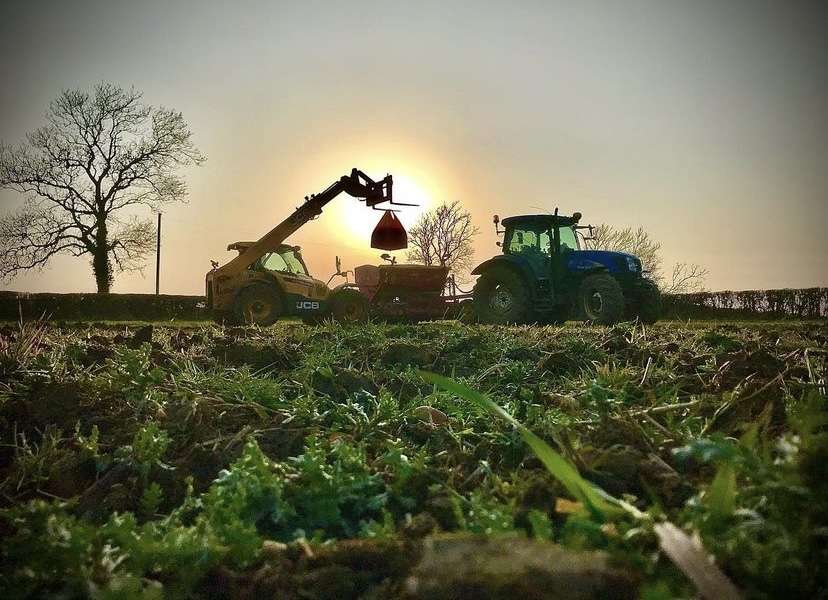We are experiencing a period of rapid price inflation, and we are all starting to feel the pinch with fuel and energy price increases along with food prices. To further complicate this there are world shortages of fertilisers for fruit, vegetables, and cereal crop production, and Europe’s biggest net exporter of food, Ukraine, has been invaded by Russia. These are some of the reasons that I think it’s important that we maintain UK food production.
The UK has the lowest expenditure on food as a percentage of household income in the whole of the EU (UK~7.8%, compared to Romania’s~27.8%, Source: Eurostat), yet still, we are looking for cheap food imports to drive down UK food prices.
Quality control
UK food production gives us a level of control over the quality of production methods (chemical treatments, animal welfare, deforestation, labour welfare, etc), but also protects us somewhat from world issues. At the moment it is fairly cheap to import food shipped from South America, Africa, and New Zealand, but with rising fuel prices and emissions targets, is this something we can rely on in the long term?
This is why I think it is important that we find a way to marry environmental and climate change targets with food production. Planting the right trees in the right place, but also using the best science and research we have to produce food in the right place too.
Environmental goals
Since the Second World War, farmers have been paid government subsidies to produce food, but in recent years this had become increasingly channelled towards producing environmental goals with top-up payments called ‘Environmental Stewardship’. This has given farms a level of protection from world markets and helped keep food cheap.
Over the next five years, these subsidies will be removed and replaced with ELMS (the Environmental Land Management Scheme), and from my calculations, we will receive about a quarter of our current funding, whilst being asked to remove more farmland from food production to qualify for these payments.
These ELMS are going to build on our current environmental provisions such as the ‘buffer strips’ (wide strips of natural vegetation) we grow to protect our watercourses from pollution whilst providing habitat, our areas of fallow land, areas purposefully removed from production to provide places for nature to strive. We have also reduced the amount of hedge cutting we do to increase the food available for our wildlife, and also manage areas of grassland without fertilisers.
Farming is changing
The new ELM scheme will have us planting areas of wildflowers, measuring our soil carbon and worm numbers, and keeping a shed load of more paperwork to demonstrate our environmentally sensitive farming practices.
Sometimes I think we are making great strides forward with the wildlife we are seeing back on the farm, other times I just wish I could be out driving my tractor or even walking behind a heavy horse rather than sitting in front of my laptop making management plans and keeping records up to date!
About Rich Heady
Hi, I am just your average British farmer, sharing with you my day to day life on our mixed farm in Buckinghamshire. Come and join me for the highs and lows of farming cattle and sheep, along with growing a variety of crops for us and our animals to eat. Laugh with me, laugh at me, I don’t mind, just come and see how great British food is produced and why we do what we do.
See more from farmer Rich Heady

